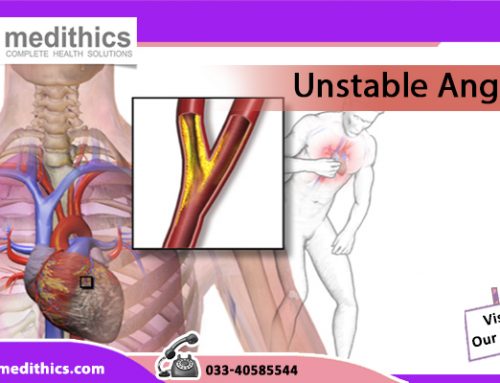When there is an irregular heartbeat that’s either too fast or too slow, it is sinus arrhythmia. You may sometimes notice that your heartbeat changes pace when you inhale and exhale. This is one type of sinus arrhythmia, called respiratory sinus arrhythmia. There is an increase in your heartbeat rate when you inhale and it decreases when you exhale. In young, healthy adults and children, this condition is common. When an older person develops respiratory sinus arrhythmia, it may indicate heart disease or another heart condition.
There is sometimes a condition called sinus bradycardia that occurs with sinus arrhythmia. When the natural rhythm of your heart is below 60 beats per minute, it is known as bradycardia or a slow heartbeat. If there are lengthy pauses between beats due to the low heart rate, there is sinus arrhythmia with sinus bradycardia. According to a heart specialist in Kolkata, these pauses can happen while you sleep.
When the heartbeat is too fast, there is another type of sinus arrhythmia. This fast heartbeat is known as sinus tachycardia. The rhythm of your heart can be above 100 beats per minute in this condition. Some factors like stress, fever, pain, exercise, or medications can lead to sinus tachycardia. Your heart doctor will treat the underlying problem if the rapid heartbeat doesn’t resolve quickly.
Symptoms
There are usually no cardiovascular symptoms in people with sinus arrhythmia. You may feel a slight change in your pulse rate as you inhale and exhale if you know how to detect your pulse. Normally a machine can only detect the variations as they are normally very little. Discuss with your heart doctor if you experience heart palpitations or feel like your heart is skipping a beat. You can know whether you have any underlying heart issues if you consult with your doctor.
Causes
The cause of the development of sinus arrhythmia in people is not clear. Some cardiologists think that a connection between the heart, lungs, and vascular system may be responsible for this. As a result of heart disease or another heart condition, a sinus arrhythmia can occur in older individuals. The electrical signals are unable to leave the node and produce a steady, normal heartbeat if there is damage to the sinus node. The sinus arrhythmia is the result of the damage to the heart in these cases.
Diagnosis
Your cardiology doctor in Kolkata will conduct an electrocardiogram (EKG or ECG) for the diagnosis of sinus arrhythmia. The measurement of your heart’s electrical signals is possible through this test. Your doctor can find any potential irregularities, like a sinus arrhythmia as this test can detect every aspect of your heartbeat. The procedure of EKG is not always necessary for the diagnosis of sinus arrhythmia as it is normally considered a benign condition. If your doctor suspects another condition or you are having other symptoms, he/she may suggest an EKG.
Treatment
For sinus arrhythmia, you will usually not need any treatment. As children and young adults grow older, sinus arrhythmia may eventually become undetectable. If any other heart condition such as heart disease causes the development of sinus arrhythmia, your doctor will treat the actual problem. The sinus arrhythmia can stop as a result of the treatment.





